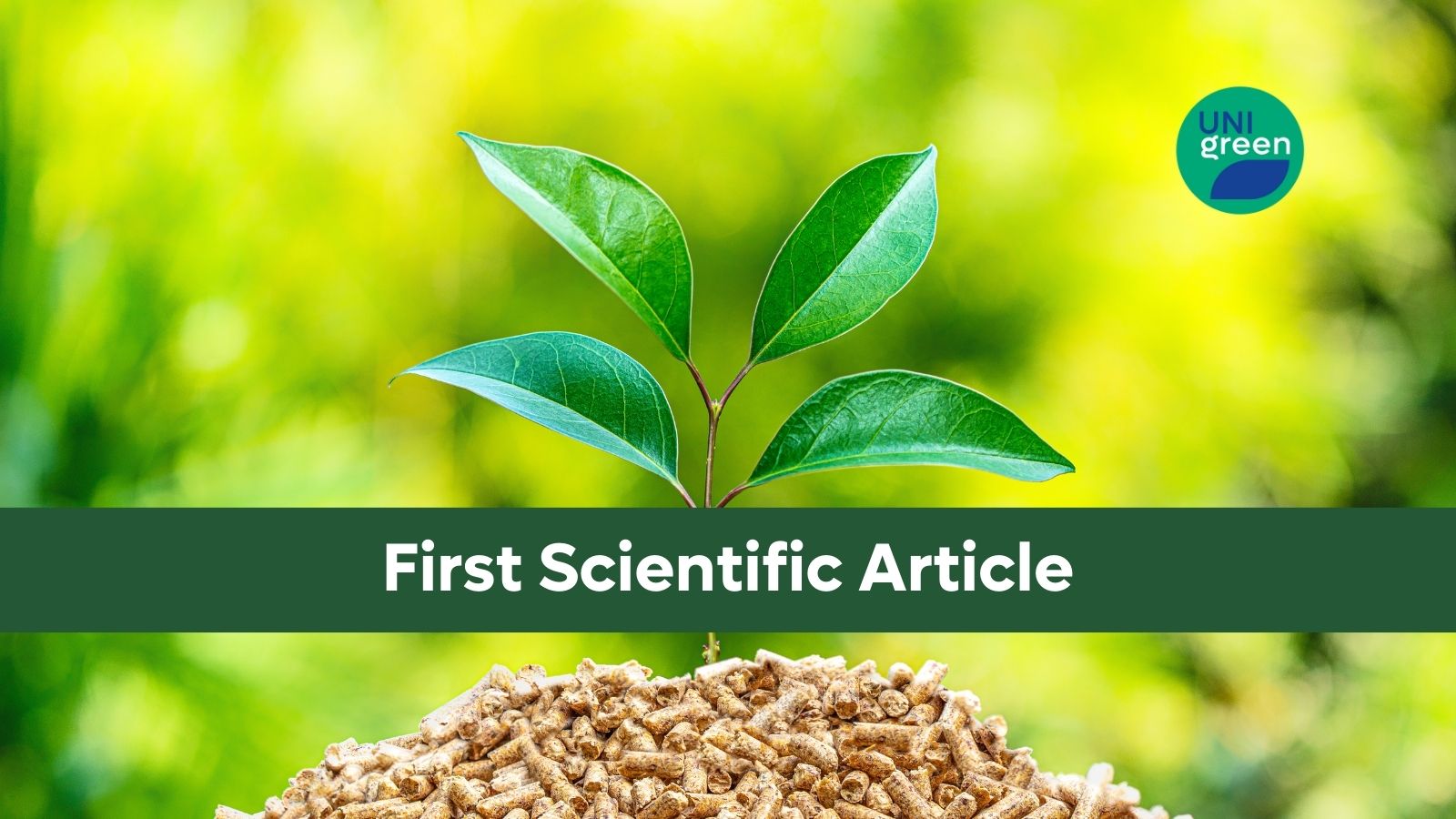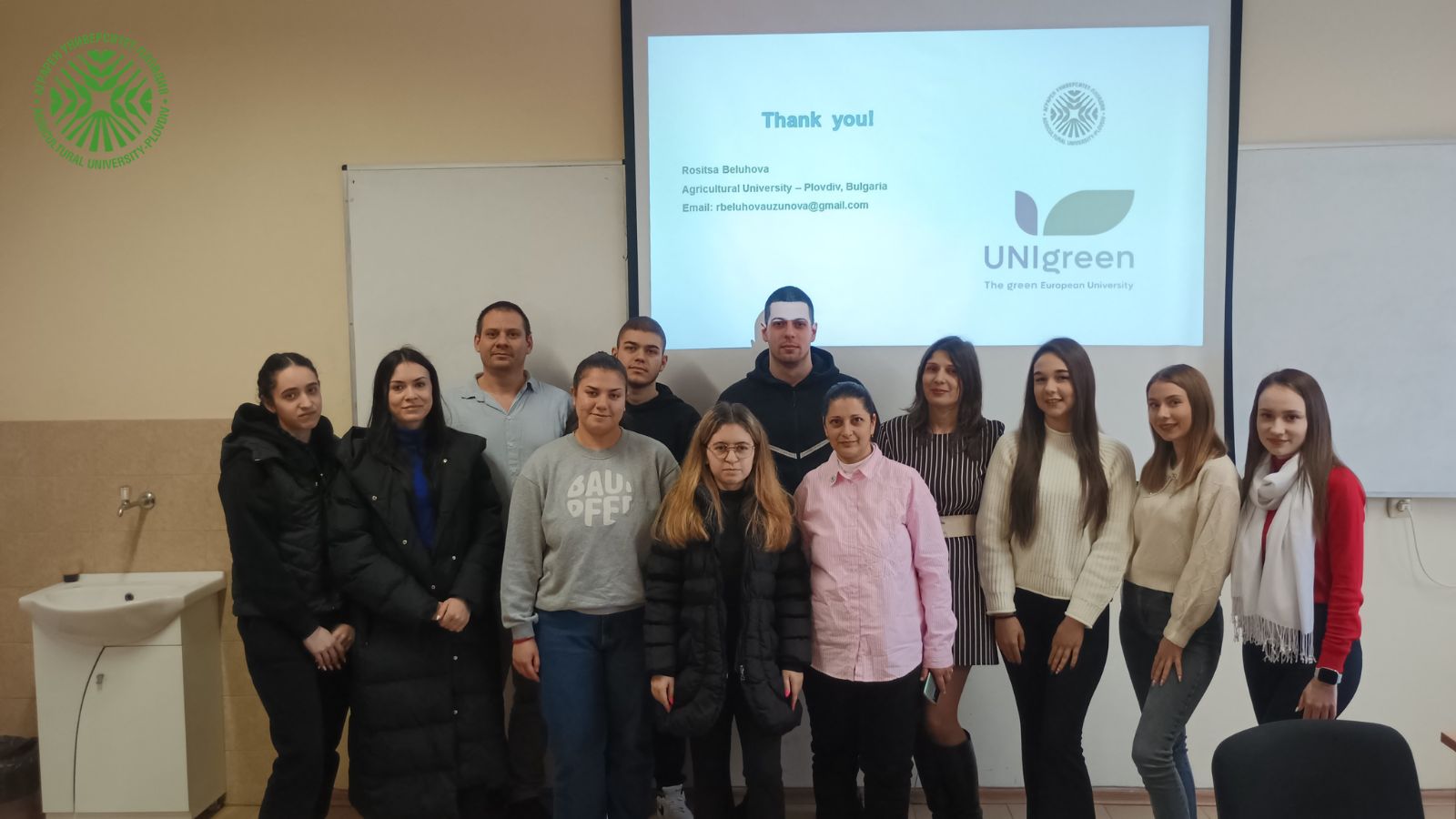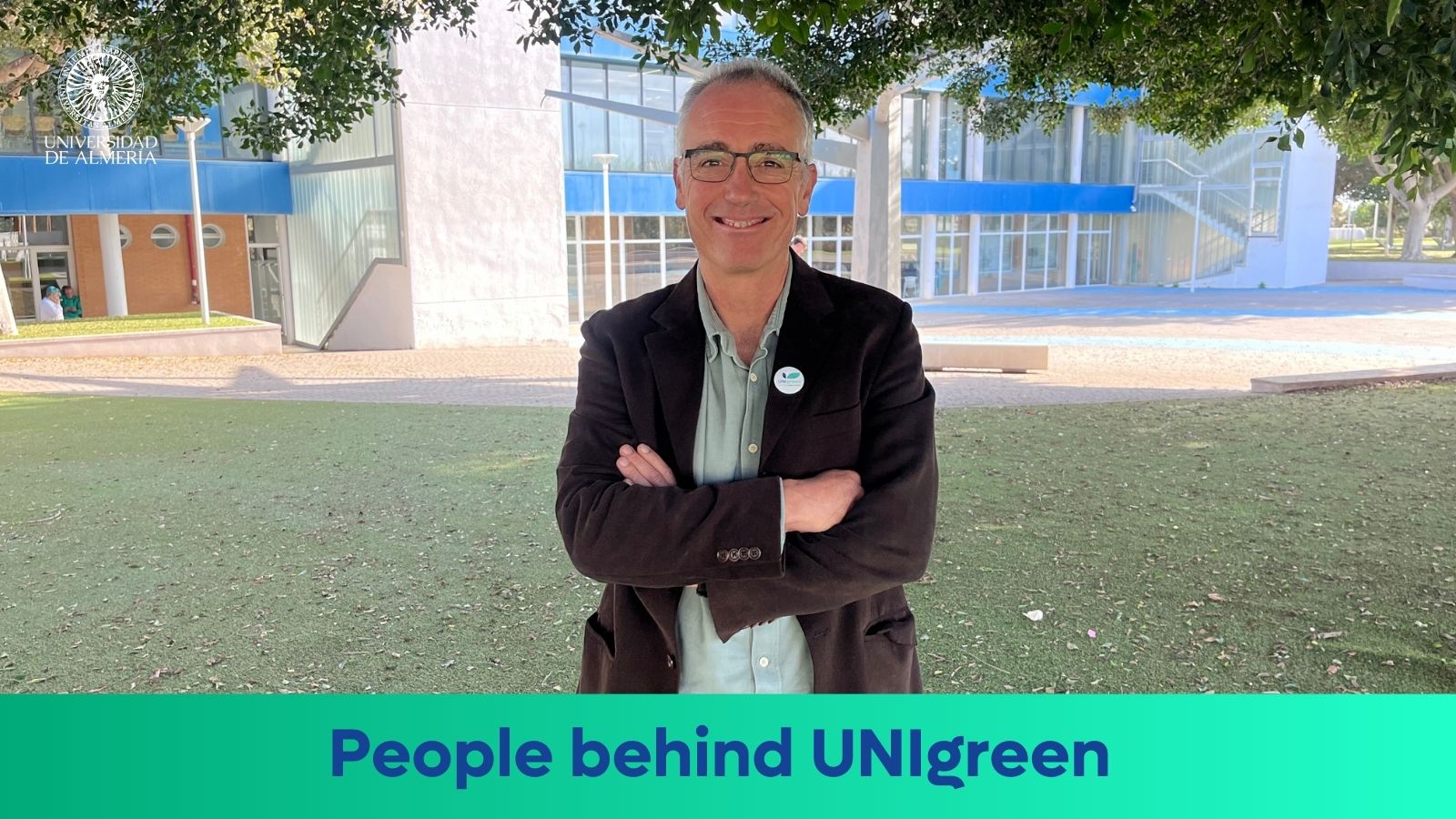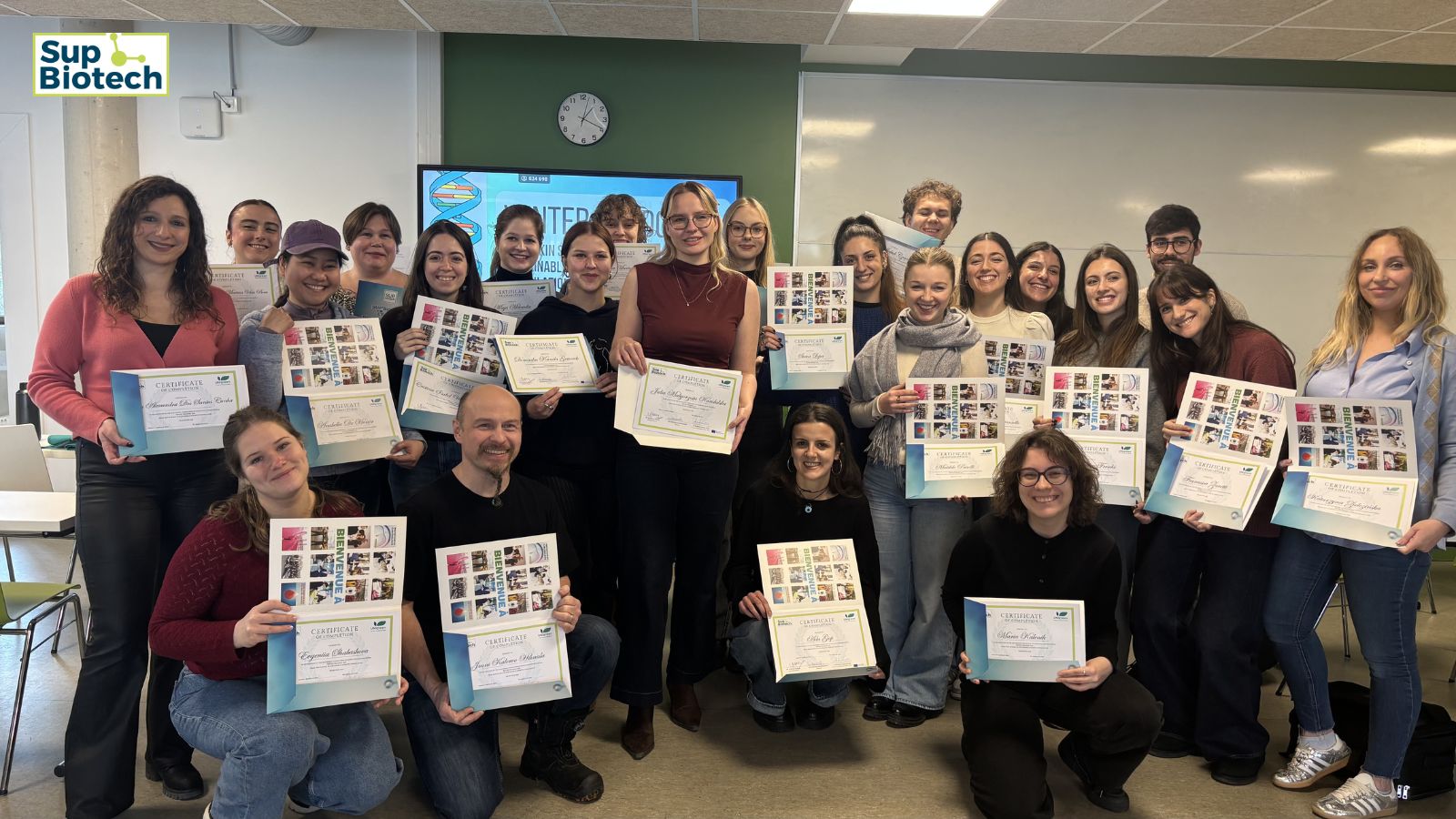Exciting News: first scientific article on Microalgae as a Sustainable Animal Feed Supplement!
Scientists from UNIgreen: the University of Almeria, and the University of Modena and Reggio Emilia, along with colleagues from Argentina, have published groundbreaking research on the potential of microalgae as a sustainable supplement in animal feed. This innovative approach aims to enhance food security, especially in arid regions.
The study, titled “Leveraging Microalgae to Achieve Zero Hunger: Enhancing Livestock Feed for Nutritional Security” authored by Leila Isabel Urrutia-Mazzuca, Marcia Mazzuca, María José Ibáñez-González, and Tania Mazzuca Sobczuk, was published in Biomass this January 2025.
The research highlights that microalgae are rich in proteins, carbohydrates, lipids, minerals, and vitamins, making them a valuable addition to livestock diets. Thus, incorporating microalgae can enhance animal health, boost productivity, and improve the nutritional quality of animal products. For instance, supplementing the diet of a 22-goat herd with approximately 88 grams of microalgae per day can enrich meat with polyunsaturated fatty acids, benefiting both producers and consumers.
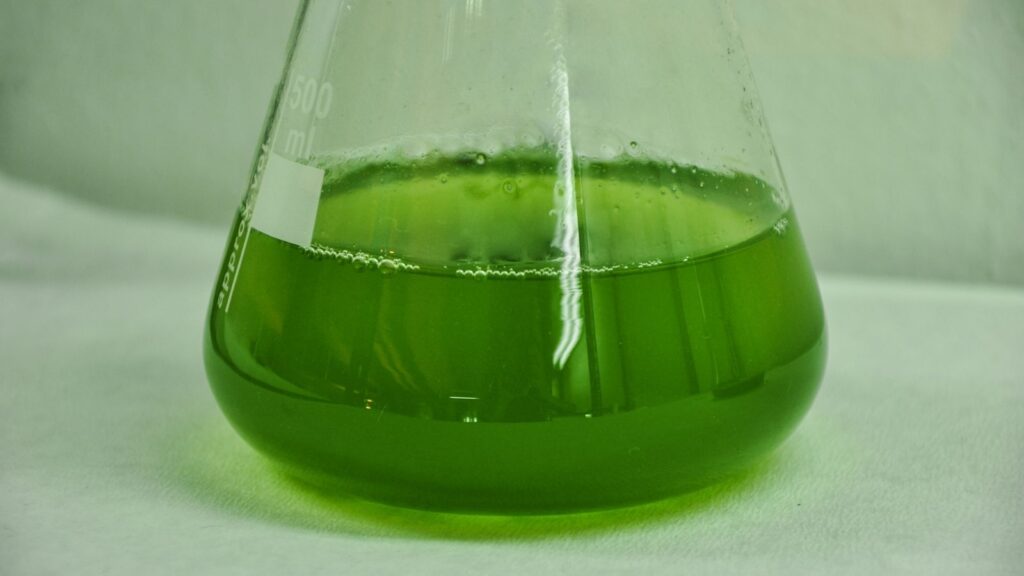
The study also addresses challenges such as economic costs, processing requirements, and resistance to changing traditional feeding practices. It suggests that small-scale, semi-continuous microalgae cultivation systems could enable local farmers to produce sufficient biomass using available agricultural resources efficiently. This approach supports food security, improves meat quality, and strengthens community resilience, particularly in regions disproportionately affected by climate change and water scarcity.
Collaboration among researchers, extension services, and local farmers is deemed essential to ensure the effective adoption of microalgae feed systems. By integrating microalgae into livestock feed, communities can move closer to achieving the United Nations’ Sustainable Development Goal of Zero Hunger, promoting sustainable agriculture and enhancing nutritional well-being.

